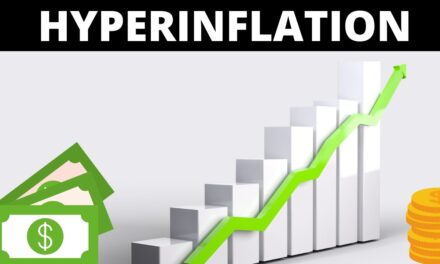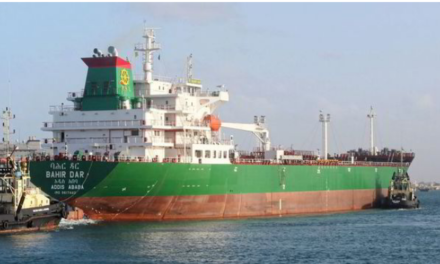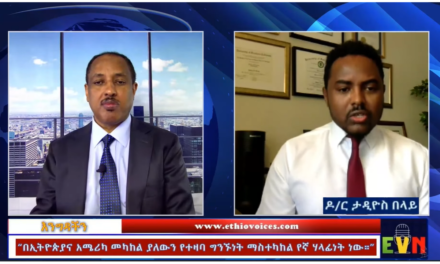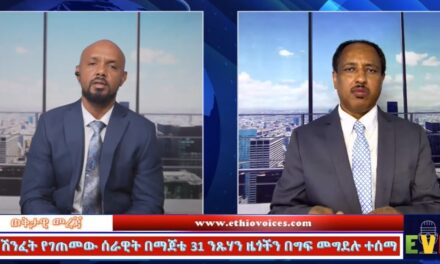By Dawit Ashenafi
In recent times, Ethiopia has faced significant challenges related to abject poverty and ethnic conflicts, particularly the devastating war in Northern Ethiopia. As the country grapples with these pressing issues, the World Bank Group (WBG) must devise effective intervention mechanisms to alleviate the impact of ethnic violence and promote inclusive and sustainable growth. With damages worth $28 billion due to the conflict in Tigray alone, the WBG must take immediate action to support the most vulnerable communities and foster a path toward lasting peace and prosperity.
The WBG’s strategic focus in Ethiopia has centered on supporting the Home-Grown Economic Reform Agenda and the 10-Year Development Plan, aiming for a more inclusive and sustainable growth trajectory. To achieve this, the WBG advocates for a spatially inclusive approach to development, ensuring that quality services reach all regions of the country. This entails promoting structural and economic transformation through increased productivity in both rural and urban areas, with a particular emphasis on basic education, access to markets, and job opportunities for the youth.
Availing the visit of World Bank President Ajay Banja in Ethiopia, I took the liberty to call attention to a pressing matter as far as Ethiopia is concerned. While the WBG acknowledges the importance of building resilience and inclusiveness, including gender equality, it is actively involved in improving safety nets, investing in productive landscapes, and focusing on the Early Years Agenda to address the needs of vulnerable populations, especially internally displaced persons (IDPs) and women, who have been affected by gender-based violence.
Ethiopia’s progress on the 2019 World Bank Fragile States Index (FSI) was commendable, as it emerged as the most-improved country, gaining an impressive 5.3 points and achieving a score of 94.2. However, in the years that followed, the nation faced significant setbacks in terms of fragility and conflict intensity, particularly in the aftermath of the war in Tigray.
In light of the ongoing ethnic conflicts ravaging Ethiopia and worsening the cycle of poverty, the WBG has reoriented its programming towards a people-centric approach, emphasizing the delivery of basic services, food security, and support for vulnerable communities. With a long-term development focus, this shift in strategy demonstrates the institution’s commitment to making a tangible impact on the ground.
As of July 27, 2023, the World Bank’s portfolio in Ethiopia stands at 42 lending operations with $13.9 billion in commitments, complemented by $993 million in trust fund financing. This extensive portfolio encompasses various projects addressing critical areas such as conflict-affected communities, agriculture, sustainable land management, basic service delivery (health, education, water, and sanitation), as well as energy, transportation, trade logistics, digital development, and financial sectors.
The International Development Association (IDA), the World Bank’s fund for the poorest, plays a vital role in supporting Ethiopia’s development journey. As the largest provider of official development assistance to the country, IDA has committed more than $26 billion to nearly 155 projects since 2000. Notable projects include the Enhancing Shared Prosperity through Equitable Services Program, COVID-19 Emergency Response Project, Rural and Urban Productive Safety Net Programs, Flood Management Project, Locust Emergency Response Project, Agriculture Growth and Food System Resilience Projects, Response-Recovery-Resilience for Conflict-Affected Communities Project, Digital Foundations, and various Energy, Water, and Transportation sector initiatives.
While these efforts are commendable, the situation in Ethiopia demands even greater attention. Abject poverty and ethnic conflicts continue to wreak havoc on communities, exacerbating already dire conditions. The World Bank must urgently expand its support to address the root causes of ethnic violence and its devastating consequences.
Ethiopia’s vulnerability to droughts adds further complexity to the nation’s struggle with poverty and instability. Collaborating closely with the Ethiopian government, the World Bank has implemented programs focusing on water, livestock, and safety nets to respond to drought-affected regions. Immediate financing of $121 million was provided in early 2022, and ongoing support is being accelerated through existing operations to address pastoral livelihoods, productive safety nets, and water management. Long-term solutions, including groundwater management and livestock market projects, are also in the pipeline to mitigate the effects of future droughts.
As a global institution supporting peace, justice, human rights, and good governance, the World Bank is well-positioned to spearhead transformational change in Ethiopia. It is imperative for the WBG to prioritize initiatives that foster peacebuilding, conflict resolution, and socioeconomic development, particularly in regions being ravaged by ethnic violence. Tigray, Amhara, Oromo, Gambela and Benishangul regions are the worst impacted by endless ethnically motivated violence. The Bank, as well as other development partners, will only continue to waste resources if they ignore one of the salient causes of poverty, i.e. ethnic conflicts rooted in the country’s highly ethnicized political system.
WBG is well-positioned to spearhead transformational change in Ethiopia. It is imperative for the WBG to prioritize initiatives that foster peacebuilding, conflict resolution, and socioeconomic development, particularly in regions affected by ethnic violence. By investing in infrastructure, education, and healthcare, the World Bank can empower marginalized communities, create jobs, and stimulate economic growth, thereby reducing the vulnerability to conflict.
In conclusion, the World Bank, within its mandates, has a unique opportunity to play a pivotal role in Ethiopia’s journey toward stability, prosperity, and social justice. By working closely with the government and tailoring its interventions to address the root causes of ethnic violence and abject poverty, the institution can catalyze positive change that reverberates far beyond the borders of Ethiopia. As we face the global challenges of the 21st century, the World Bank must take bold steps to ensure that its resources and expertise are directed toward building a brighter future for all Ethiopians and beyond.








